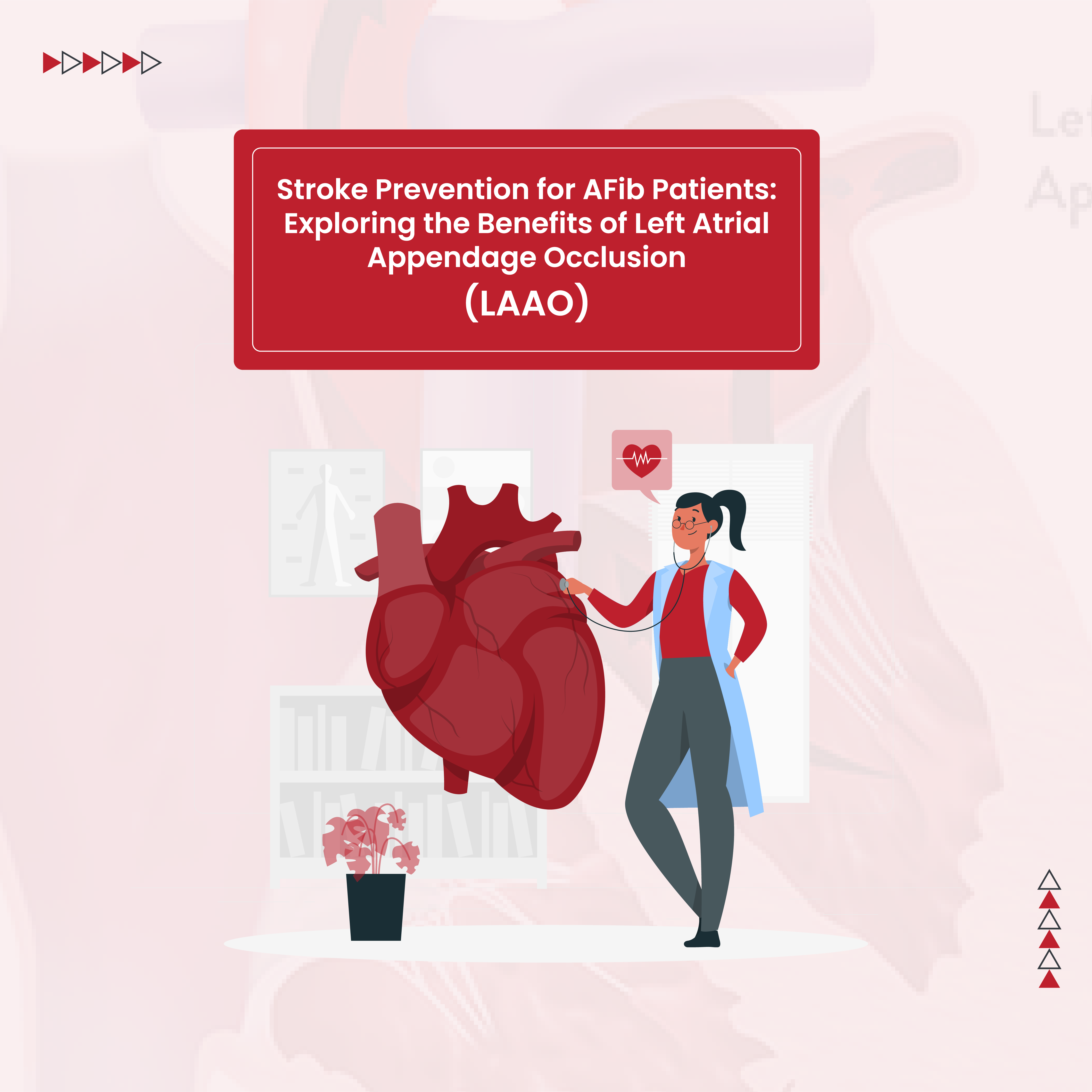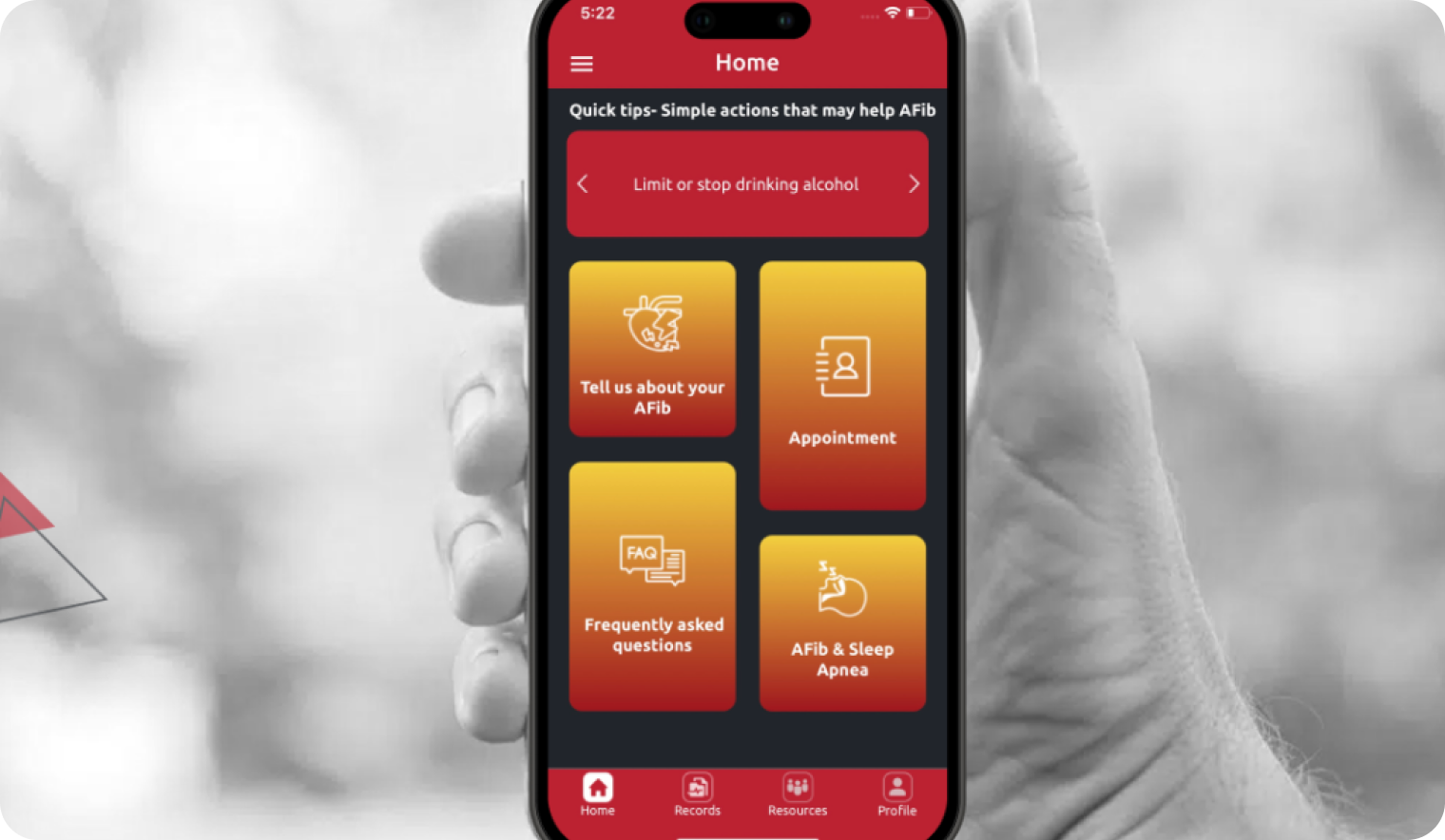The heart normally beats in a coordinated, regular rhythm. Atrial fibrillation (AFib) causes the upper and lower chambers of the heart to beat chaotically and out of sync with each other. It is the most common abnormal heart rhythm (arrhythmia) and often requires medications or procedures for treatment. Many people with AFib are interested in natural remedies to treat their atrial fibrillation.
Currently there is limited high-quality evidence on homeopathic remedies and herbal supplements in the treatment of atrial fibrillation. In addition, many herbs and supplements for AFib interact with medications used to treat atrial fibrillation. As with many diseases, prevention is the best cure for AFib.
If you already have AFib and want to minimize the medications you need and improve the overall course of your AFib, lifestyle modifications that treat or eliminate underlying AFib risk factors are an excellent natural treatment option to reverse AFib. Living a healthy lifestyle is an AFib home treatment option that does not have any negative side effects. Treating AFib naturally with diet, exercise, stress management, and minimizing alcohol and stimulants like caffeine may not cure atrial fibrillation but it can significantly improve how well your quality of life and how you respond to AFib medications and procedures. In addition to a healthy lifestyle, research on alternative therapies like yoga and acupuncture have shown promising results for treating AFib naturally.
Does AFib damage the heart?
Atrial fibrillation damages the heart by causing enlargement and stiffness (fibrosis) of the heart chambers. This is a process that occurs over time. As these structural changes develop and worsen, AFib becomes more difficult to treat. Early interventions to maintain a normal heart rhythm are important to help prevent structural heart damage caused by AFib. Atrial fibrillation is one of the most common causes of tachycardia-mediated cardiomyopathy, heart failure that results from the heart beating too fast.
What is the most common cause of atrial fibrillation?
High blood pressure (hypertension) is the single most common risk factor for atrial fibrillation and it accounts for 20% of cases of atrial fibrillation. The American College of Cardiology and the American Heart Association define hypertension as a blood pressure greater than 130/80 mmHg or blood pressure requiring blood pressure medication to remain less than 130/80 mmHg. According to the American Heart Association, hypertension affects 47% of adult Americans, which equates to 116 million people. The risk of hypertension increases with age. Only 7.5% of adults aged 18-39 have hypertension compared to 63% of adults over the age of 60 years.
Other common causes of atrial fibrillation include:
- Age
- Gender
- Family history
- Obesity
- Sleep apnea
- Diabetes
- Excessive alcohol intake
- Smoking
- Thyroid problems
- Heart failure
- Heart disease (i.e. heart attack, coronary artery disease, heart valve problems)
Many of these causes of atrial fibrillation are modifiable and, like hypertension, can be significantly impacted by a healthy lifestyle which is the most effective way to treat AFib naturally. Lifestyle changes and healthy living alone will not cure all AFib risk factors but it can have a significant positive impact.
Can You Live a Long Life With AFib?
While it is true that atrial fibrillation increases the risk of death, how AFib will affect your individual life expectancy is dependent on a number of factors like age, the presence of additional health conditions, and your atrial fibrillation treatment. Recommendations on how to live a long, full life with AFib include:
- Stroke prevention. Atrial fibrillation is associated with a 5 times increased risk of stroke. If you have atrial fibrillation you may need to take medication or have a procedure to reduce your stroke risk.
- Follow your doctor’s advice. AFib tends to progress over time. Wishful thinking does not make AFib go away. The best way to live a long life with AFib is to be proactive in managing your atrial fibrillation. This means working closely with your healthcare team, managing health conditions that contribute to atrial fibrillation, and taking medications as prescribed
- Treat atrial fibrillation risk factors. Not all AFib risk factors can be managed. For example, advancing age increases AFib risk and there is nothing you can do about that. However, maintaining an ideal body weight, abstaining from alcohol or only drinking in moderation, not smoking, and treating hypertension, sleep apnea, diabetes if present are all things you can do to have a positive effect on your AFib course.
How Do You Calm an AFib Episode?
A heart arrhythmia, like atrial fibrillation, may respond to natural treatment approaches like:
- Acupuncture. There has been some promising research in acupuncture using a heart specific technique to help calm AFib. More research is needed in this area.
- Yoga. Research has shown that doing 1 hour of yoga, 3 times per week for 3 months can decrease atrial fibrillation frequency and AFib symptoms. Study participants also reported improved quality of life and less depression and anxiety.
- Stress reduction. Chronic stress and strong negative emotions, such as anger, can trigger atrial fibrillation. Stress reduction techniques like meditation and biofeedback help regulate the autonomic nervous system and calm the heart.
- Adequate rest. Getting adequate, high-quality sleep is vital for optimum health. Sleep apnea causes fragmented, nonrestorative sleep and increases the risk of atrial fibrillation. If you have AFib, get checked for sleep apnea. Untreated sleep apnea makes AFib more likely to progress to become continuous (persistent AFib) or permanent. It also makes atrial fibrillation treatments less effective.
When trying to calm AFib it is naturally important to take away known AFib triggers like alcohol and smoking.
Can you live with AFib without medication?
Most patients with atrial fibrillation require some kind of medication to treat their atrial fibrillation whether it is to treat the rhythm, slow the heart rate or prevent stroke. However, there are situations in which people are safely living with AFib without medication. Whether or not your atrial fibrillation needs to be managed with medications depends on the specifics of your atrial fibrillation:
- How frequent? How frequently you have atrial fibrillation can affect treatment recommendations. Lone atrial fibrillation is a single episode of atrial fibrillation in a person who does not have any AFib risk factors. A person with lone atrial fibrillation usually does not require maintenance medications to treat atrial fibrillation.
Other people have paroxysmal (intermittent) atrial fibrillation that occurs rarely, maybe only once or twice a year or even every couple years. In these cases, if there aren’t other indications for daily medications, a pill-in-a-pocket approach can be utilized. For the pill-in-a-pocket approach, a person only takes medication during an AFib episode.
- How fast? It is common for the heart to beat too fast when a person is in atrial fibrillation. Over time this puts unnecessary strain on the heart and can lead to tachycardia-mediated cardiomyopathy. An uncontrolled heart rate also usually makes people more symptomatic with AFib which negatively impacts quality of life. Medications such as beta-blockers and calcium channel blockers are used to slow the heart rate
- Stroke risk. A stroke risk calculator is used to determine a person’s individual AFib-related stroke risk. If you are a male with a score of 2 or greater or a female who scores 3 or greater, stroke risk reduction will be recommended. Anticoagulation (blood thinner) medications are the most common treatment for stroke prevention.
- Presence of other health conditions. Your other health conditions influence your stroke risk and your AFib course and may make it more likely that you will need medications to treat your atrial fibrillation.
How to Treat AFib Naturally?
The best way to treat AFib naturally is through healthy living. This includes eating a well-rounded diet that is high in vegetables, fruits, nuts, seeds, legumes, and lean protein and limits sugar, salt, and saturated fats. People with AFib who are physically active and getting at least 150 minutes of moderate-intensity exercise per week tend to have fewer AFib symptoms. A healthy lifestyle can not only help reverse AFib but it is also a natural treatment for AFib risk factors like hypertension, obesity and diabetes.
What Foods Should Be Avoided with Atrial Fibrillation?
Processed foods. Processed foods tend to be high in sugar, salt, and saturated/trans fats. All of these have negative impacts on your heart health and should be avoided for patients with atrial fibrillation.
Limit dark meat fish. Although eating fish is generally considered heart healthy, eating more than 4 servings per week of dark meat fish (salmon, swordfish, mackerel, bluefish, and sardines) may contribute to AFib. This may be because these kinds of fish are high in omega-3 fatty acids or possibly due to toxins such as dioxins and methyl mercury which can accumulate in these kinds of fish.
Caffeine. The data on caffeine’s effect on AFib has been mixed. Some studies show an increased risk of AFib with high caffeine consumption while others show no effect.
Alcohol. Moderate to heavy alcohol consumption is associated with an increased risk of AFib. Alcohol should be limited to no more than 2 alcoholic drinks per day for me and 1 drink per day for women.
What Are the Best Vitamins for AFib?
It is always best to get your vitamins and minerals by eating a healthy diet. However, sometimes supplements are recommended for AFib even if you are eating a healthy diet. One challenge with supplements is that clinical studies on vitamin supplementation often have conflicting results depending on study design, study sample size and statistical interpretation of the study findings. With that caveat in mind, here are some vitamins that may be helpful for AFib:
Magnesium. Magnesium helps regulate heart rhythm. Studies suggest that magnesium may be helpful for lowering blood pressure. Magnesium can also be given through IV to help control AFib in the hospital. If you take a medication called digoxin, ask your doctor if it is okay to take magnesium supplements because magnesium can interfere with the absorption of digoxin so it does not work as well.
Fish oil. The omega-3 fatty acids found in fish oils can decrease the frequency of abnormal heart beats, lower triglycerides (fatty substance found in blood), and lower blood pressure. Because fish oil has been shown to decrease abnormal beats from the lower heart chambers (ventricles) it was thought that omega-3 fatty acids might be helpful for atrial fibrillation. However, a meta-analysis published in 2021 showed that high dose omega-3 fatty acid supplementation translates to a 30% increased risk of atrial fibrillation. The risk is greatest with high dose supplementation (4 grams/day) but was seen with doses as low at 1 gram/day.
Vitamin C. Vitamin C is an antioxidant that helps cells function normally. A meta-analysis of 13 studies investigating the effects of vitamin C in preventing post-operative atrial fibrillation found that patients who received vitamin C supplementation after coronary artery bypass graft surgery (CABG) had a significantly lower incidence of post-operative atrial fibrillation.
Vitamin E. Vitamin E is also an antioxidant. Similar to vitamin C, studies have shown that vitamin E may be helpful in decreasing post-operative atrial fibrillation.
Vitamin D. A correlation has been observed between low vitamin D levels and an increased risk of atrial fibrillation. However, research has not shown that vitamin D supplementation decreases the risk of AFib.
Vitamin K. If you take the blood thinner warfarin (Coumadin, Jantoven) for stroke risk reduction, supplements with vitamin K can make the medication less effective which makes you more likely to form blood clots. Vitamin K is found in many foods, vitamins, and supplements. Be sure to look at the labels on your multivitamins and supplements because many have vitamin K in them. If you take warfarin, check with your doctor before you make changes to your diet or start new vitamins or supplements.
Potassium. Potassium is important for the normal functioning of the heart’s electrical system. Certain medications can affect your potassium levels. Potassium is tightly regulated by the body and having too much or too little potassium can cause abnormal heart rhythms. It is best to get your potassium naturally through the foods you eat. Talk to your doctor if you are thinking of starting a potassium supplement.
Herbal remedies
- Traditional Chinese Medicine. Wenxin Keli is an herb used in traditional Chinese medicine to treat heart failure and arrhythmias (irregular heartbeat) like atrial fibrillation. Shensongyangxin is another herbal remedy used in traditional Chinese medicine to treat AFib. Both treatments reportedly have few side effects but caution needs to be used with these treatments as there are few clinical studies verifying their safety and effectiveness. In addition, little is known about how these herbs interact with the medications used to treat atrial fibrillation in the United States.
- Motherwort. Herb with antiarrhythmic properties. However, motherwort is not recommended for treatment of AFib because there are no studies verifying that it is safe or effective for AFib. Motherwort can also interact with certain blood thinning medications and increase the risk of bleeding.
- Hawthorn (Crataegus oxycantha). Herb with antiarrhythmic properties. Studies have shown that it may be helpful in heart failure. It is not recommended for atrial fibrillation treatment because it has not been studied in AFib. Like motherwort, hawthorn can potentially interact with blood thinning medications and make bleeding more likely.
- Barberry (Berberis). An herb with antiarrhythmic properties. Again, there have been no human clinical trials on its use in AFib and therefore it is not recommended. There are also concerns about medication interactions with a wide variety of medications.
There are other vitamins and herbal supplements on the market that claim to treat atrial fibrillation. Sometimes there is a perception that because supplements can be obtained without a prescription that they must be safe. In reality, homeopathic remedies are also medications and should only be used in consultations with an expert. Ultimately, the best and most reliable evidence on natural treatments for atrial fibrillation focuses on a heart healthy lifestyle, maintaining ideal body weight, and managing underlying health conditions that contribute to atrial fibrillation.








